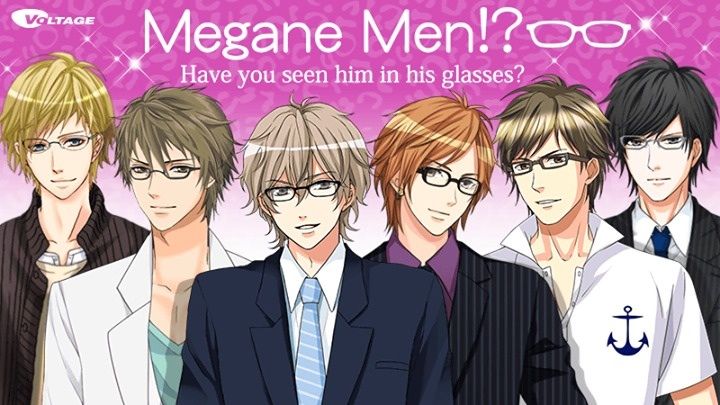

.jpg)

president to the atom-bombed city of Hiroshima. security alliance and shepherding the first visit by a serving U.S. Many lawmakers preferred to focus on economic growth.Ībe said he was proud of working for a stronger Japan-U.S. That constitution renounces the use of force in international conflicts, and limits Japan’s military to self defense, although the country has a well-equipped modern army, navy and air force that work closely with the United States, Japan’s top ally.Ībe charmed conservatives with his security policies because of fears of terrorism, North Korea’s missile and nuclear weapons ambitions and China’s military assertiveness.īut there has always been general public support for the pacifist constitution and divided views on amendments within Abe’s governing party. For Abe, too, the 1947 charter was symbolic of what he saw as the unfair legacy of Japan’s war defeat and an imposition of the victors’ world order and Western values. Abe’s grandfather, former Prime Minister Nobusuke Kishi, despised the U.S.-drafted constitution, adopted during the American postwar occupation. That push for constitutional revision stemmed from his personal history. His ultra-nationalism also angered the Koreas and China, both wartime victims of Japan. And no policy was more divisive than his cherished, ultimately unsuccessful dream to revise Japan’s war-renouncing constitution.

Near the suspect was a double-barreled device that appeared to be a handmade gun.Ībe believed that Japan’s postwar track record of economic success, peace and global cooperation was something “other countries should pay more attention to, and that Japanese should be proud of,” Leheny said.Ībe was a darling of conservatives but reviled by many liberals in Japan. Police arrested the suspected gunman at the scene of the attack, which shocked many in Japan, one of the world’s safest nations with some of the strictest gun control laws. … He also wanted Japan to not have to keep apologizing for World War II.”Ībe, who died after being shot during a campaign speech, was 67. “He wanted Japan to be respected on the global stage in the way that he felt was deserved. “He’s the most towering political figure in Japan over the past couple of decades,” said Dave Leheny, a political scientist at Waseda University. Japan’s longest serving prime minister, he was also perhaps the most polarizing, complex politician in recent Japanese history.Ībe, who was assassinated Friday, angered both liberals at home and World War II victims in Asia with his hawkish push to revamp the military and his revisionist view that Japan was given an unfair verdict by history for its brutal past.Īt the same time, he revitalized Japan’s economy, led efforts for the nation to take a stronger role in Asia and served as a rare beacon of political stability before stepping down two years ago for health reasons. TOKYO (AP) - Shinzo Abe was a political blueblood groomed for power.


 0 kommentar(er)
0 kommentar(er)
